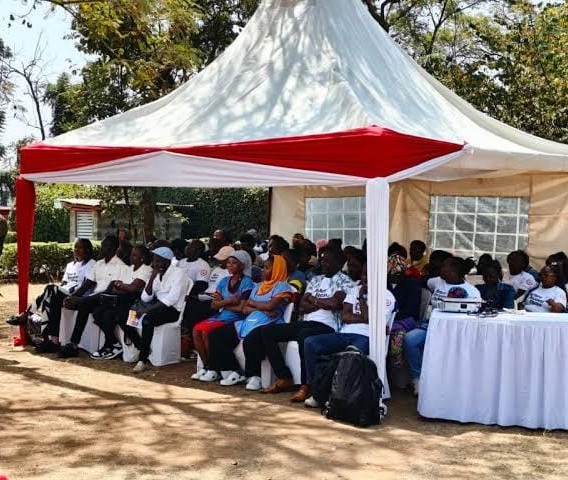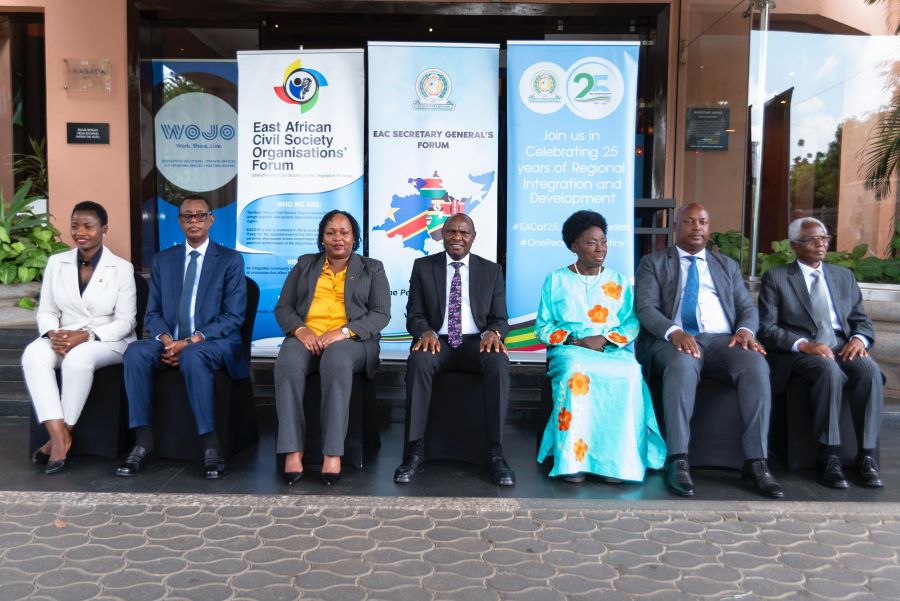By Eddah Waithaka
Kenyan government officials, civil society groups, and returnee migrant workers gathered at the East African Institute of Homecare Management (EAIHM) to address the struggles faced by workers returning from Gulf countries.
The forum, “Bridging Home: Strengthening Reintegration for Returnee Workers,” organized by the Centre for Domestic Training and Development (CDTD) in partnership with the State Departments for Diaspora Affairs and Gender and Affirmative Action, highlighted systemic failures in protecting migrant workers.
Returnees Share Stories of Abuse and Exploitation
Many returnees described harrowing experiences of abuse, deception by unlicensed brokers, and inadequate support from Kenyan embassies abroad.
Edith Murogo, CDTD Executive Director, stressed the need for a multi-sectoral approach to support returnees.
“We have many returnees now, some deported, others back after contracts ended. No single organization can provide all the help they need,” she said.
Government Acknowledges Gaps, Promises Action
Josephine Obonyo, Secretary in the State Department for Gender and Affirmative Action, admitted the government must do more.
“We need collective action government, churches, civil society, and returnees themselves to ensure safety and dignity,” she said.
Brokers Exploit Lack of Awareness
Vincent Ombati, Chair of the Kenya Association of Private Employment Agencies (KAPEA), blamed poor public awareness for trafficking risks.
“There’s a thin line between ethical recruitment and trafficking. If you bypass government procedures, you’re engaging in trafficking,” he warned.
He criticized the government for failing to educate Kenyans on safe migration. “Agencies like the National Employment Authority exist, but most people don’t know about them.”
Stakeholders identified key challenges affecting migrant workers, include weak embassy support with only one labor attaché to cover all of Saudi Arabia, the absence of structured reintegration programs, and a significant lack of grassroots awareness about safe migration practices.
In response, they are called for more labor attachés in destination countries, stronger embassy support for distressed workers, stricter regulation of recruitment agencies, national awareness campaigns focused on safe migration, and the establishment of structured reintegration programs for returnees.
Commitment to Collaboration
Civil society groups, faith-based organizations, and government agencies pledged to build a joint support system for returnees. “We need an urgent, coordinated national approach,” Murogo insisted.
“Returnees deserve safety, dignity, and support before, during, and after migration.”
As Kenya marks World Day Against Trafficking in Persons (July 30), advocates urge immediate action to protect migrant workers and hold traffickers accountable.
Thousands of Kenyans migrate for work annually, but many face exploitation due to weak protections.
This forum highlights urgent gaps in policy and enforcement demanding real solutions. Advocates will push for policy reforms ahead of the 2025 global anti-trafficking day.







